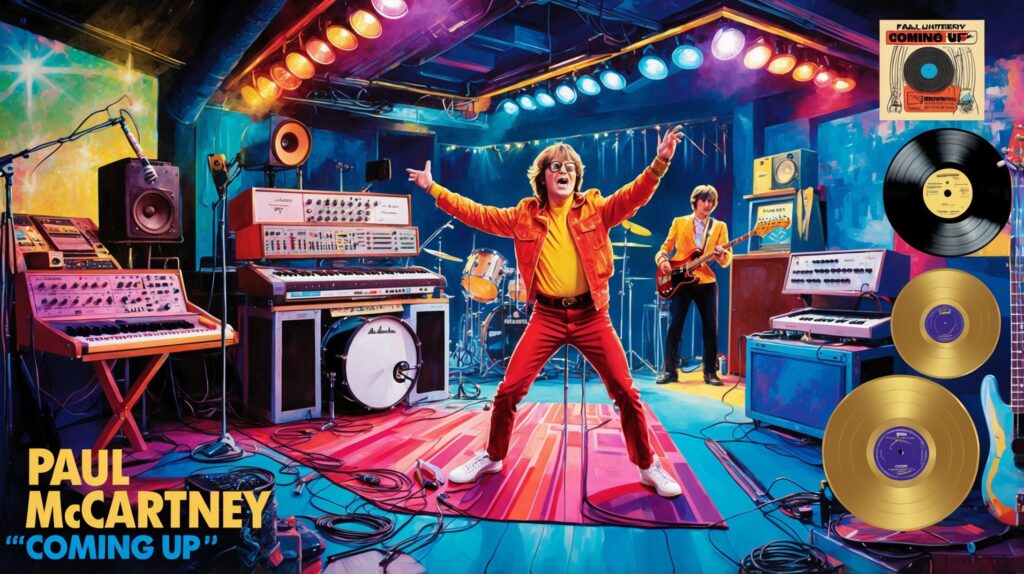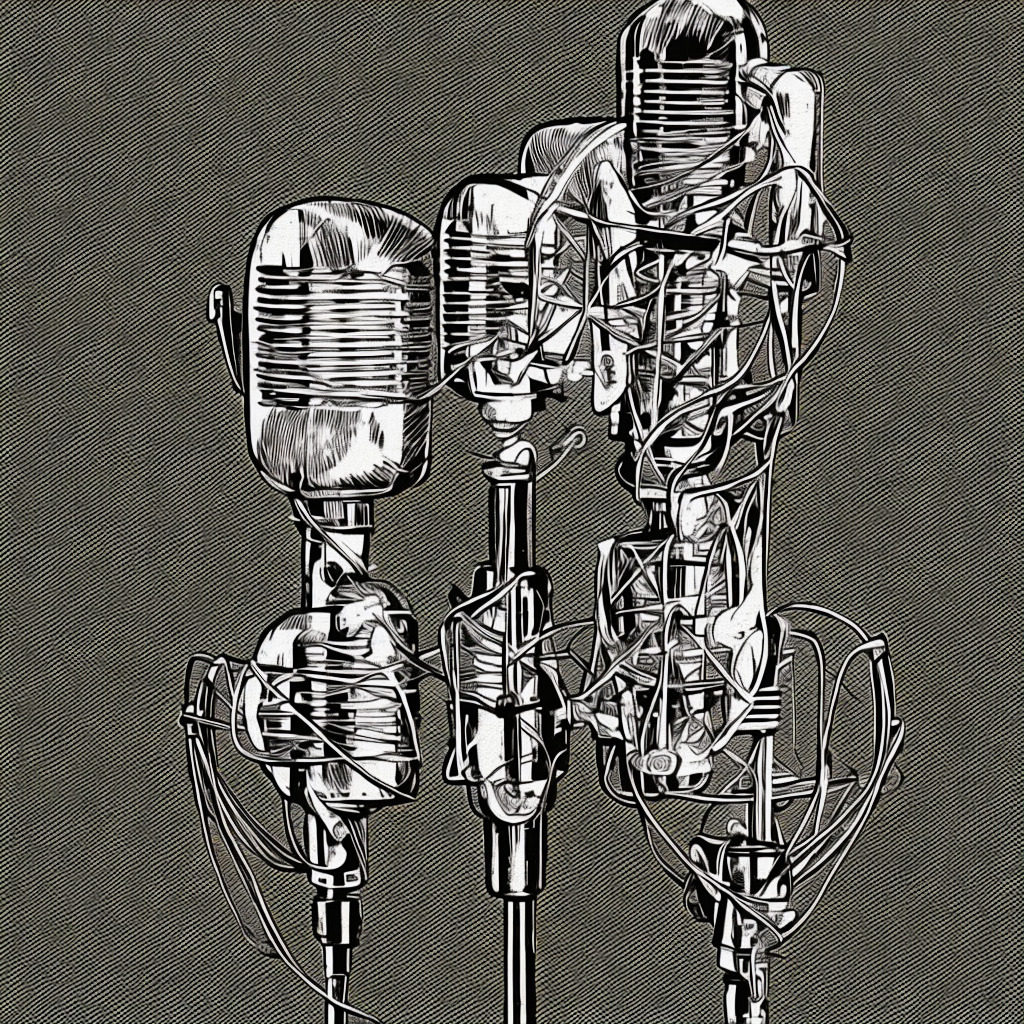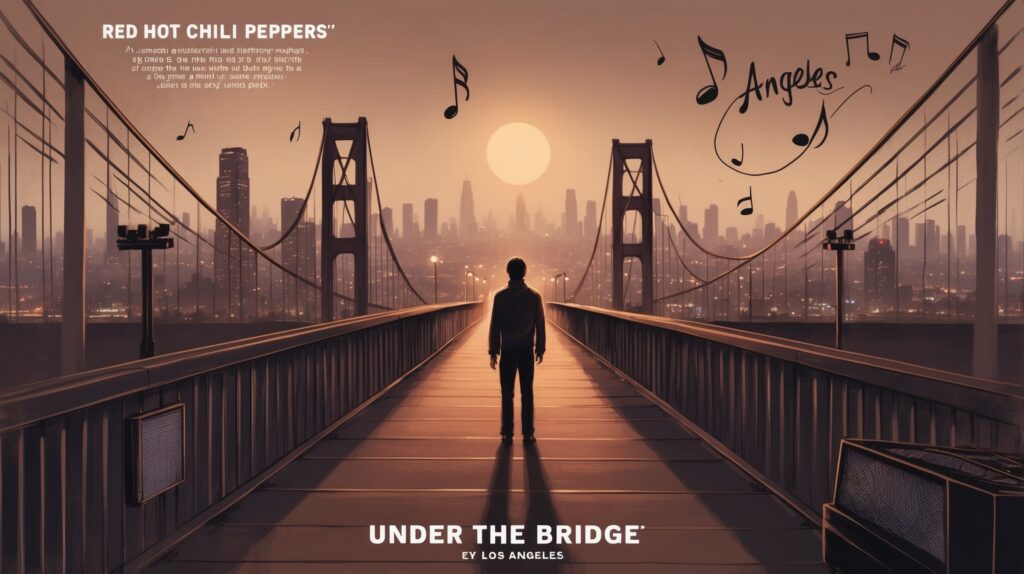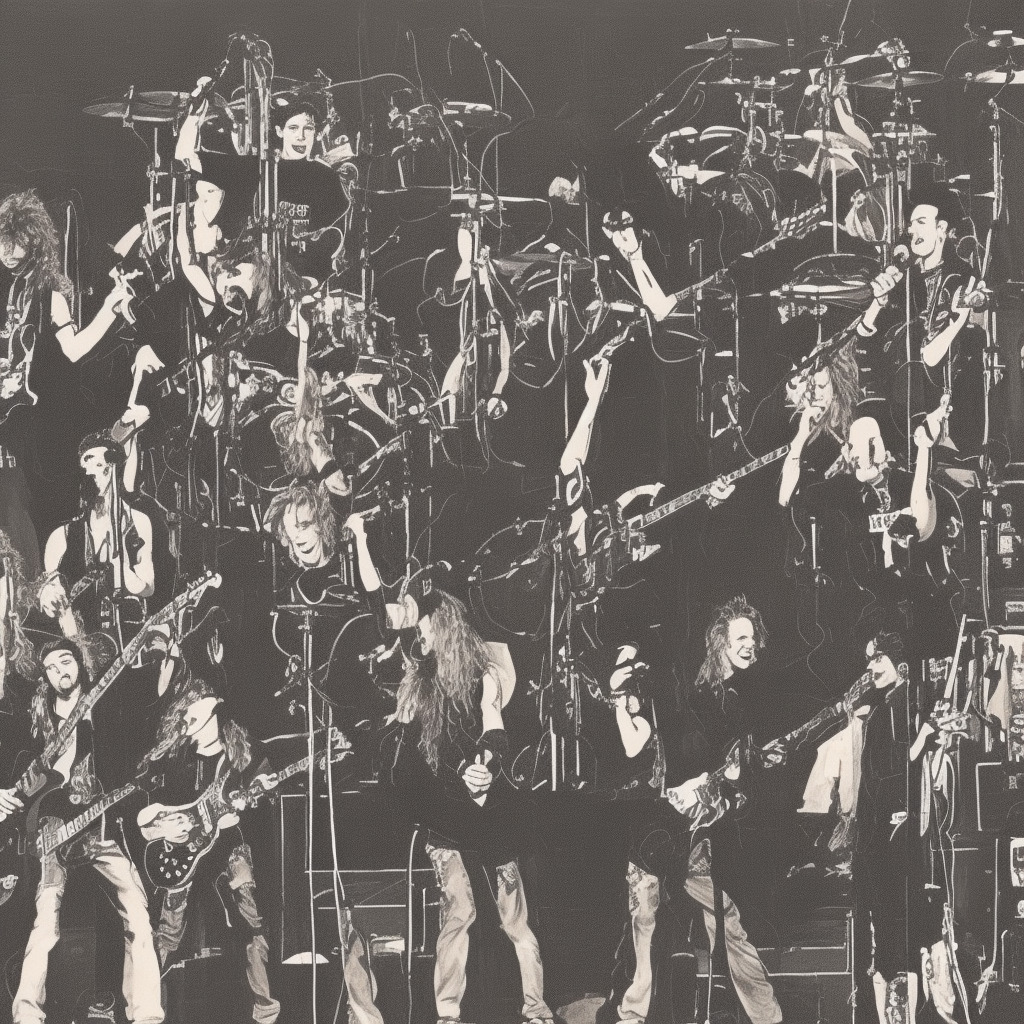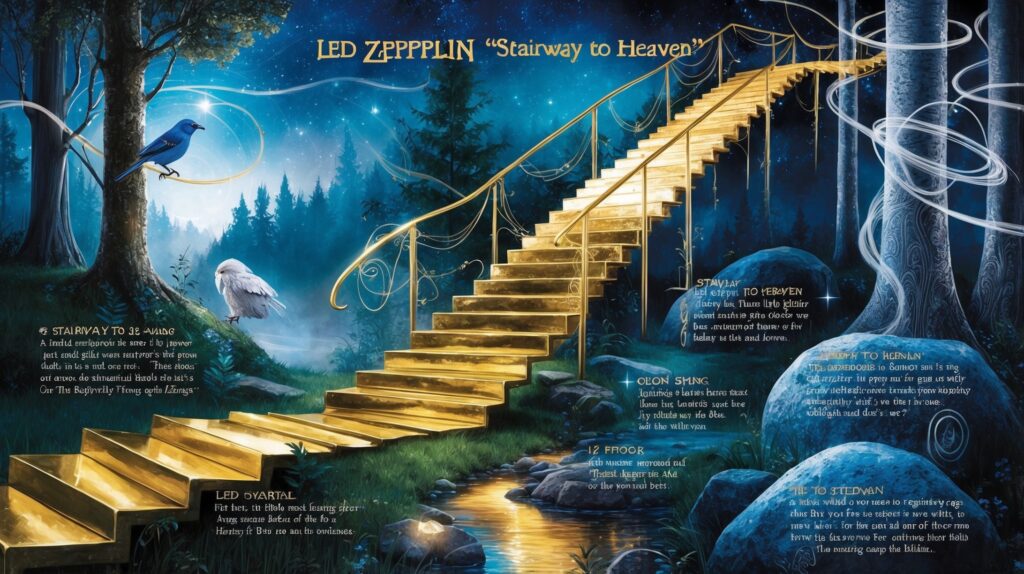The Legendary Paul McCartney: A Journey Through Music
Explore the remarkable journey of Paul McCartney, delving into his early life, major achievements, and the significant era around the release of ‘Coming Up’.
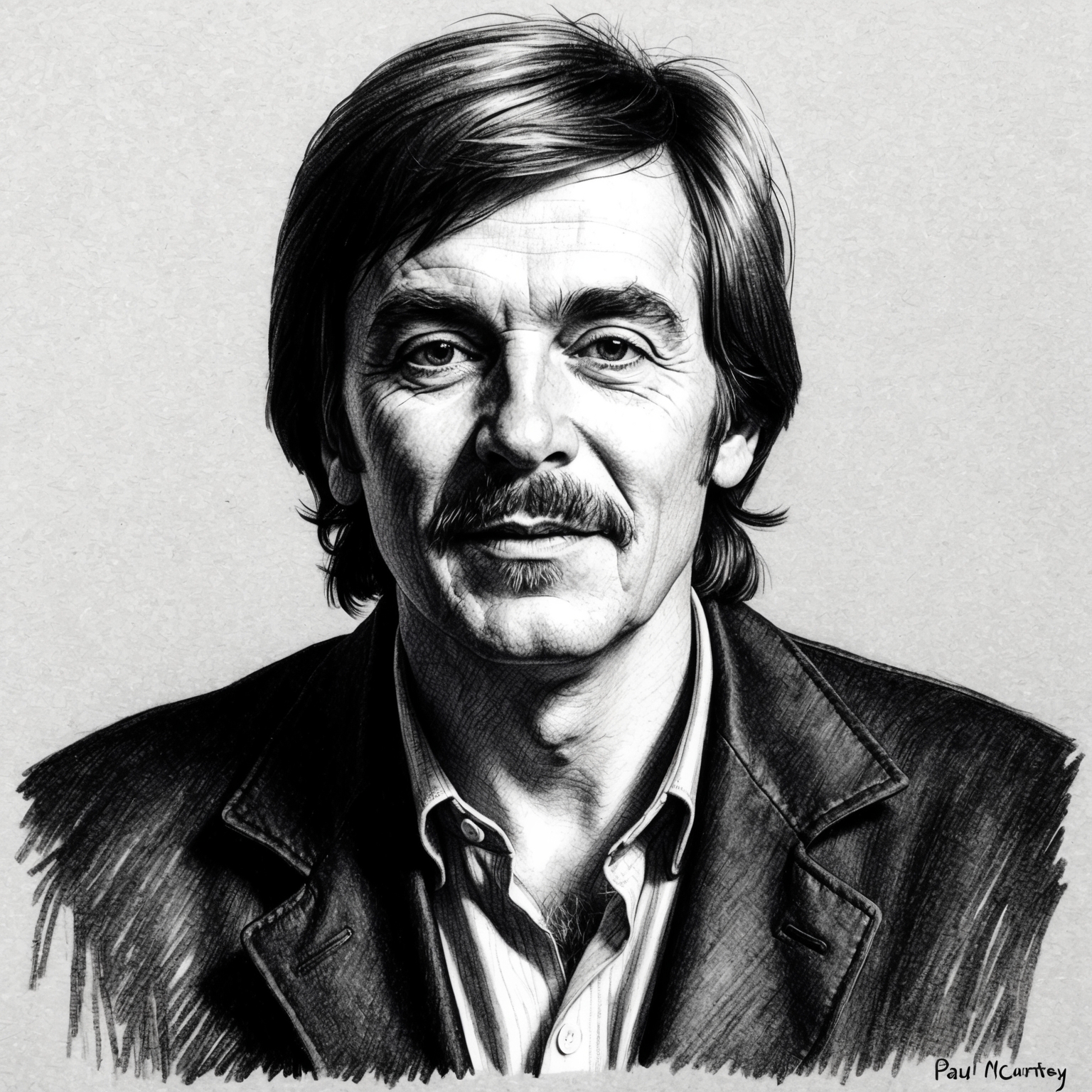
Paul McCartney, one of the most influential figures in music history, has been a driving force behind some of the most iconic songs of our time. His 1980 hit “Coming Up” showcases not just his musical prowess but also marks a significant transition in his career. As part of The Beatles, McCartney had already cemented his place in the pantheon of music legends, but his solo work, including “Coming Up,” demonstrates his ability to continually innovate and captivate audiences worldwide.
Born in Liverpool in 1942, McCartney’s early life was steeped in the burgeoning rock and roll scene of the 1950s. His father, a jazz musician, instilled in him a love for music, which McCartney nurtured through his school years. Forming The Beatles with John Lennon, George Harrison, and Ringo Starr, McCartney’s career took off, leading to unparalleled global success. By the time “Coming Up” was released, he had already achieved a level of fame that few could match.
The period around “Coming Up” saw McCartney experimenting with new sounds and collaborations. Following the breakup of The Beatles, he formed the band Wings, where he explored different musical styles. The release of “Coming Up” coincided with the dawn of the 1980s, a time when music was rapidly evolving. McCartney’s ability to adapt and embrace new trends is evident in the song’s innovative use of electronic elements.
McCartney’s collaborations have been a key part of his creative process, evident in the creation and production of “Coming Up.” He recorded the song in his home studio, playing all instruments himself, a testament to his multifaceted talent. At its release, “Coming Up” was met with enthusiasm, highlighting McCartney’s continued relevance in the evolving music scene.
Paul McCartney: The Mastermind Behind ‘Coming Up’
Paul McCartney, with his musical genius, composed ‘Coming Up’ blending infectious melodies and innovative production. His storied career and diverse influences shine in this track, exemplifying his versatility and lasting impact on the music world.
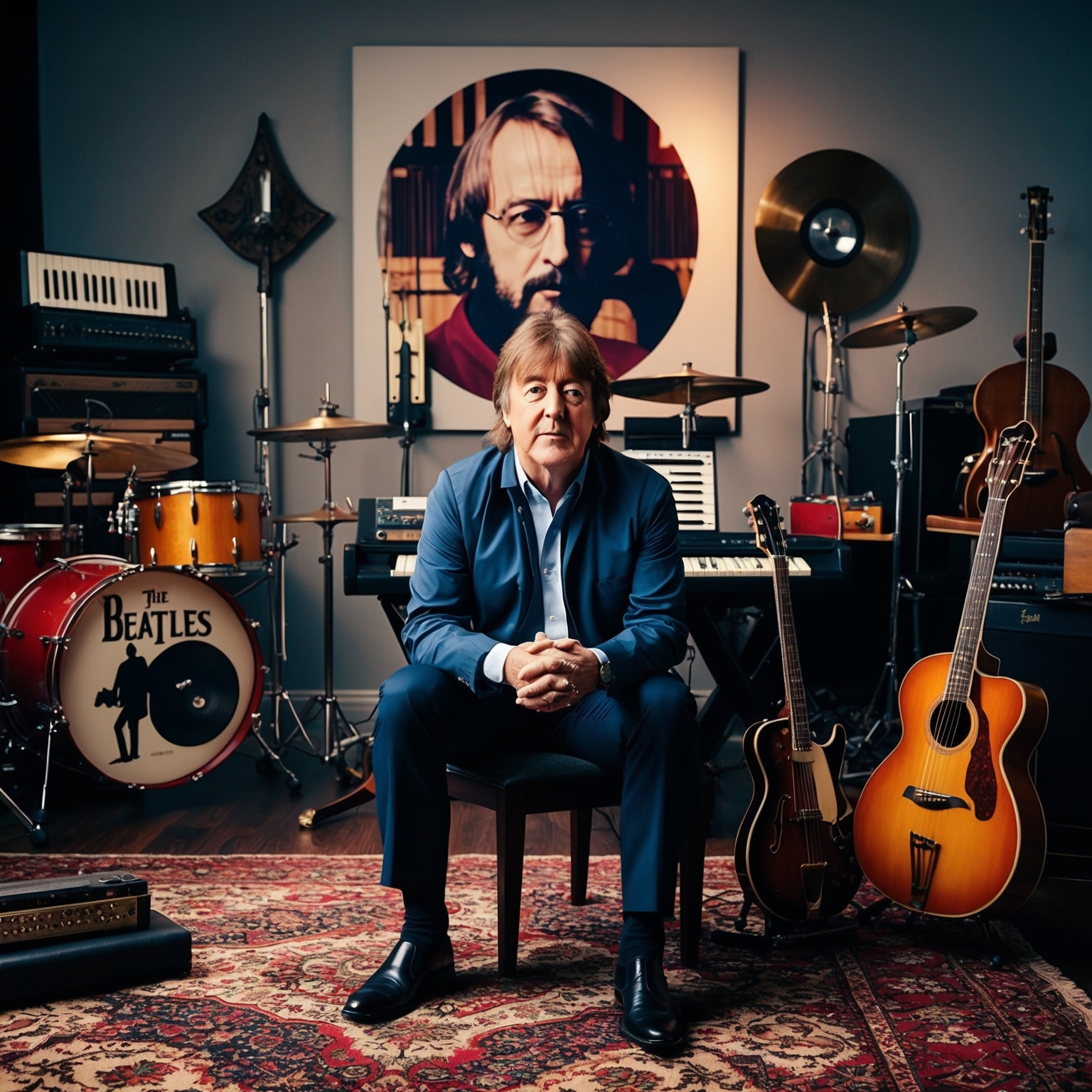
Paul McCartney is undeniably one of the most influential figures in music history. Born in Liverpool, England, in 1942, he rose to fame as a member of The Beatles, the iconic band that transformed the musical landscape in the 1960s. McCartney’s musical journey began early with a strong foundation in classical piano and guitar, which would later inform his eclectic style. His ability to seamlessly blend various genres—from rock and pop to classical and electronic—has made him a versatile and innovative composer.
McCartney’s musical style has been shaped by a wide array of influences, including rock ‘n’ roll pioneers like Little Richard and Chuck Berry, along with classical composers such as Johann Sebastian Bach. These diverse influences have allowed him to experiment with different sounds and techniques, resulting in a rich and distinctive body of work. In ‘Coming Up,’ McCartney’s flair for catchy melodies and playful rhythms is evident, showcasing his knack for creating music that resonates with audiences across generations.
Over the years, McCartney has collaborated with countless artists, enhancing his reputation as a flexible and engaging partner in the creative process. While ‘Coming Up’ was a solo endeavor, his experience working with legends and emerging artists alike has enriched his composition style. In crafting ‘Coming Up,’ McCartney employed a lively, upbeat rhythm alongside innovative production techniques, creating a dynamic sound that perfectly complemented the song’s whimsical lyrics. His role as both composer and performer allowed him to infuse the track with his unique artistic vision, contributing significantly to its success.
Celebrating Success: Recognitions and Covers of ‘Coming Up’
Explore the success and influence of Paul McCartney’s ‘Coming Up’, recognized by fellow artists and featured in various media formats.

Though ‘Coming Up’ by Paul McCartney may not have garnered the trophy cabinet-pleasing awards like some other tracks, it has certainly earned a place in the annals of pop music history. Released in 1980, the song became an anthem for many, showcasing McCartney’s innovative musicality and his ability to adapt to changing times. Highlighted by its infectious rhythm and upbeat vibe, ‘Coming Up’ left an indelible mark on listeners and the music world alike, cementing its legacy through various forms of recognition over the years.
One of the most notable covers of ‘Coming Up’ came from none other than McCartney’s former Beatles bandmate, John Lennon, who reportedly expressed his admiration for the song. Lennon was captivated by its lively and futuristic sound, prompting him to return to the studio after a period of hiatus. This endorsement from Lennon not only added to the song’s credibility but also demonstrated its influence on fellow artists. Beyond Lennon, the song has also seen renditions by several other musicians, each bringing their own flair and interpretation to the track.
In addition to its acknowledgment by fellow musicians, ‘Coming Up’ has made appearances across various media. Its upbeat and versatile nature has allowed it to feature in several TV shows and documentaries celebrating music from that era. Although it might not frequently appear in movie soundtracks, its inclusion in these programs reflects its standing as a quintessential track from the early 1980s. Through these varied channels, ‘Coming Up’ has sustained its popularity and continues to be celebrated for its timelessness and charm.
From Vinyl to the Top: Breaking Down ‘Coming Up”s Chart Triumph
Explore the chart success of Paul McCartney’s ‘Coming Up,’ a track that soared to the top across the globe, notably thriving on the Billboard Hot 100. Discover its role in McCartney’s career and its lasting cultural imprint.
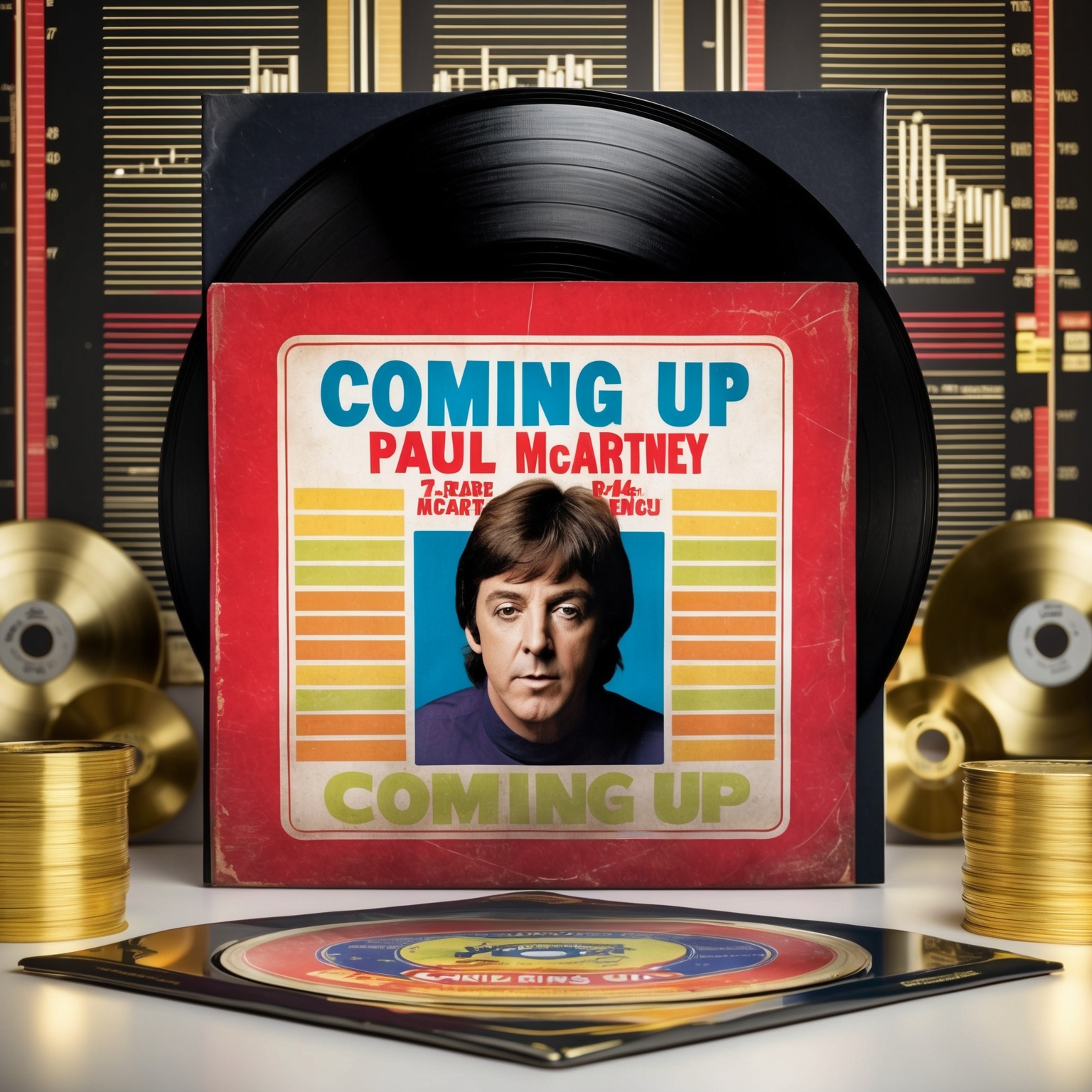
Released in April 1980, Paul McCartney’s ‘Coming Up’ quickly made its mark on the music charts, signaling a successful era for the iconic artist. The track emerged at a time when McCartney was already a celebrated figure in the music world, yet it managed to carve a unique place in his rich discography. Upon release, the song charted impressively, entering the UK Singles Chart and peaking at number 2 in May 1980. Across the Atlantic, in the United States, the live version of the song, recorded with Wings in Glasgow, resonated even more with audiences. It raced up the Billboard Hot 100, ultimately securing the number 1 spot in June 1980, where it remained for three weeks.
In comparison to other tracks dominating the airwaves at the time, ‘Coming Up’ maintained a stronghold on listeners, showcasing McCartney’s knack for producing timeless hits. The song not only highlighted McCartney’s versatility as an artist but also emphasized his ability to innovate while retaining his characteristic charm. The track was among the leading singles of 1980, further cementing McCartney’s status as a solo artist who could hold his ground independent of The Beatles.
Paul McCartney’s strategic marketing played a pivotal role in the success of ‘Coming Up.’ The live version’s appeal was bolstered by the palpable energy Wings delivered on stage, making it a fan favorite. Additionally, critical acclaim poured in, with many critics lauding the song’s catchy rhythm and vibrant feel. ‘Coming Up’ didn’t just thrive on the charts; it also made its way into the hearts of fans, many of whom took to fan forums to discuss its infectious vibes. In the landscape of McCartney’s career, it exemplified his enduring influence and ability to adapt with the changing tides of the music industry.
A Kaleidoscope of Creativity: The Music Video for ‘Coming Up’
The music video for Paul McCartney’s ‘Coming Up’ features McCartney in multiple comedic roles, enhancing the song’s playful tone and contributing to its popularity.
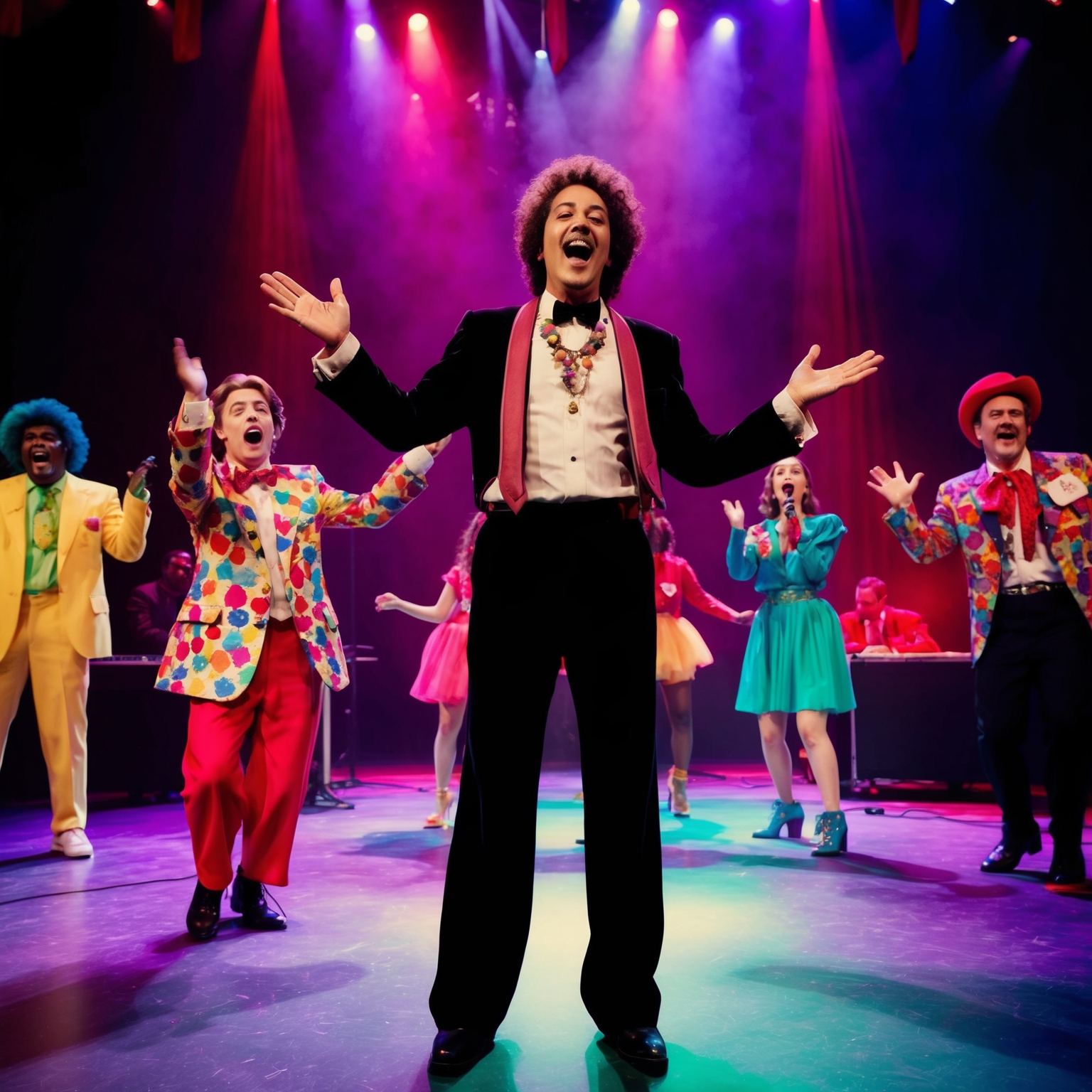
The music video for Paul McCartney’s ‘Coming Up’ stands as a testament to the innovative spirit that he has consistently demonstrated throughout his career. Conceived as a vibrant visual accompaniment to the upbeat and experimental nature of the song, the video was created during a period where music videos were becoming integral to a song’s success.
Directed with a flair for the theatrical, the video features Paul McCartney playing multiple roles, including various band members. This technique, involving costume changes and makeup, showcases McCartney’s versatility and adds a layer of visual intrigue. The playful setting and tongue-in-cheek approach mirror the song’s experimental sound and energy, making the video a beloved visual piece in McCartney’s extensive catalog.
Upon its release, the video became a hit on music channels, contributing significantly to the song’s popularity. Viewers and critics alike appreciated its humor and creativity, with many noting how it captured McCartney’s exuberant personality. While there are no celebrity cameos, the video’s production involved talented crew members who meticulously crafted the whimsical elements, ensuring each character portrayed by McCartney was unique and memorable. The video’s creative execution highlighted McCartney’s knack for storytelling through music and visuals combined.
Dissecting the Musical Blueprint of ‘Coming Up’
Explore the intricate musical structure of Paul McCartney’s ‘Coming Up’, examining elements like melody, harmony, rhythm, and instrumentation, while situating the song within McCartney’s evolving discography.
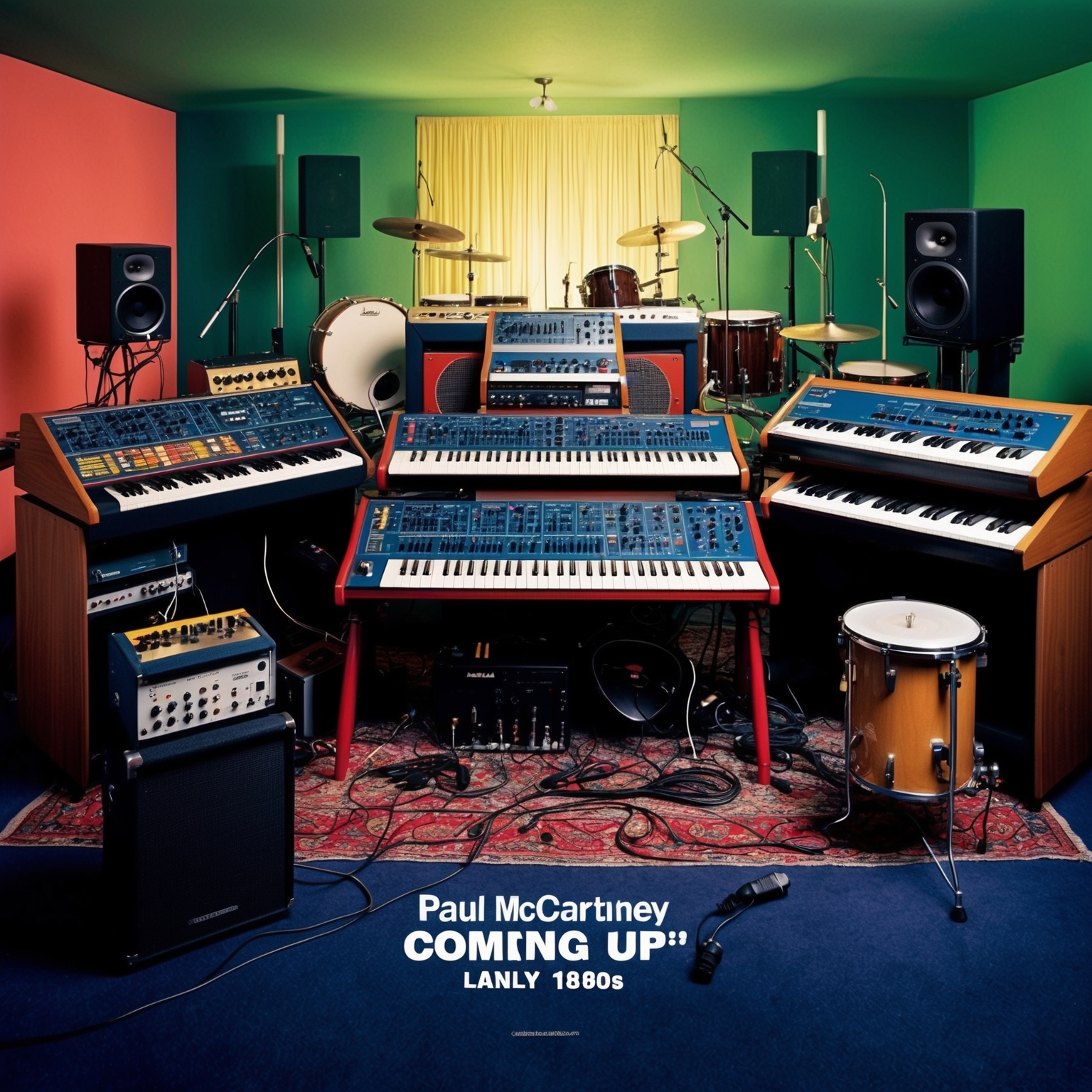
‘Coming Up’ by Paul McCartney stands as a testament to his knack for crafting infectious rhythms and memorable melodies. The song is written in the key of A major, a choice that lends itself to a bright and upbeat feel, perfectly complementing its optimistic lyrics and vibrant energy. The chord progression follows a relatively straightforward structure, yet McCartney’s ingenuity shines through with subtleties that keep the listener engaged. The tempo of the track rests on a moderate yet lively beat, encouraging a sense of buoyancy that’s synonymous with McCartney’s pop sensibilities.
The melody of ‘Coming Up’ is playful and engaging, with McCartney utilizing a mixture of staccato rhythms and melodic bends that showcase his dynamic vocal range. The harmonic structure supports this melody with layered voices and harmonies that create depth and texture, evoking a sense of jubilance. Rhythmically, the song embraces a syncopated groove, driven by McCartney’s bass lines that intertwine seamlessly with lively percussion. Together, these elements culminate in a sound that’s both catchy and refreshingly intricate.
Instrumentation plays a critical role in defining the unique sound of ‘Coming Up’. McCartney took a hands-on approach during the recording session, playing most of the instruments himself. This includes the use of synthesizers, which were prominent during the era, adding a quirky yet appealing touch to the musical landscape of the song. Notably, the live version, featuring McCartney’s band Wings, brings a different energy, further highlighting the song’s adaptability and his versatility as an artist.
In the broader context of McCartney’s discography, ‘Coming Up’ marks an adventurous departure from his Beatles style, leaning towards a more experimental and contemporary sound that was emerging in the early 1980s. By comparing it to earlier works like ‘Band on the Run’ or Beatle hits such as ‘Hey Jude’, one can discern a shift towards a more avant-garde approach with ‘Coming Up’, indicating McCartney’s desire to evolve artistically and embrace the zeitgeist of a new musical era.
An interesting anecdote from the recording session is that McCartney worked at his home studio in Sussex, carefully layering the track by himself to achieve the precise sound he envisioned. The song was produced by McCartney as well, showcasing his multifaceted talent not only as a musician but as a producer who could execute his creative vision independently.
Exploring the Invitation and Optimism in ‘Coming Up’ Lyrics
Explore the optimism and support embedded in Paul McCartney’s ‘Coming Up.’ Discover how its conversational narrative fosters a sense of intimacy, with lyrical themes reflecting familial bonds, growth, and renewal. Delve into the metaphors and cultural undercurrents that make this song a timeless invitation for connection.
One that will never fade away
I want to help you with your problem
Stick around, I say
Coming up, coming up, yeah
Coming up, like a flower
Coming up, I say
You want a friend you can rely on
One who will never fade away
And if you’re searching for an answer
Stick around, I say
Coming up, coming up
Coming up, like a flower
…
******* This Lyrics is NOT for Commercial use *******

Paul McCartney’s ‘Coming Up’ presents a lyrical journey that’s both uplifting and inviting, capturing the essence of optimism and support. The recurring request in the song suggests a desire for a connection that is enduring, reassuring, and ever-present. The lyrics open with the lines, “You want a love to last forever / One that will never fade away,” setting the stage for McCartney’s recurring themes of lasting bonds and unwavering companionship. The song’s narrative invites listeners into a dialogue about personal desires for reliability and permanence.
The narrative voice in ‘Coming Up’ adopts a conversational tone, as if speaking directly to the listener or a specific individual. This first-person perspective enhances the sense of intimacy and direct address, offering an open invitation for companionship. The line “Stick around, I say” underlines McCartney’s persona as approachable and supportive, echoing a universal human longing for stability amid uncertainty.
Lyrically, McCartney employs metaphors, with notable imagery like “coming up, like a flower,” which reflects growth and renewal. This simile not only embellishes the lyrical quality but also conveys a sense of natural unfolding and flourishing, resonating with themes common in McCartney’s work: renewal and change. This approach stands in contrast to more intricate wordplay, favoring straightforward yet evocative language that enhances relatability.
‘Coming Up’ can be compared to other McCartney creations, such as ‘Maybe I’m Amazed,’ where themes of unwavering support recur. While ‘Maybe I’m Amazed’ delves into romantic admiration, ‘Coming Up’ extends to a general ethos of positivity, reflecting McCartney’s broad lyrical spectrum. Cultural references are subtle, yet the song’s timing during the transitionary late ’70s and early ’80s echoes a societal yearning for change, which can still be discerned today.
🎶 Paul McCartney’s Coming Up was so catchy, it even inspired John Lennon to hit the studio again after a break! Talk about legendary motivation! 🎸✨ #MusicMagic https://bit.ly/3BlLw9t
Click to Tweet

